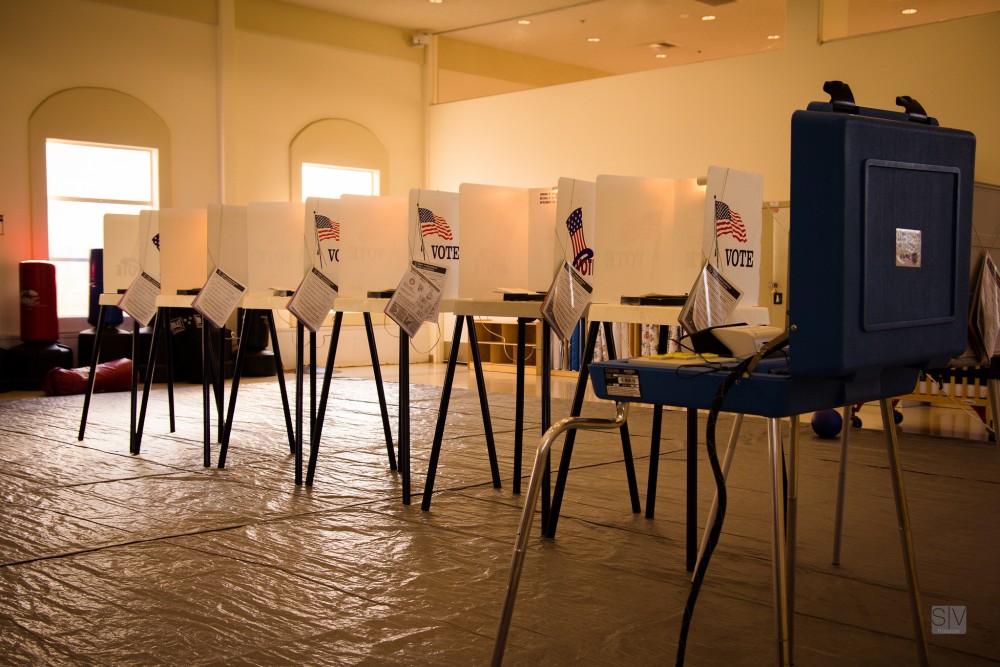Money talks
Eroding campaign finance rules gives wealthy donors more power. It may also generate cynicism and political disengagement.
One person, one vote: this principle is the bedrock of American democracy. The intent is to ensure that each citizen has as much say as any other, regardless of social or economic status. Consistent with that aim, campaign finance laws have sought to limit the exorbitant power that wealthy individuals and corporations can exert on the political process.
Campaign finance rules have been seriously eroded of late, however, and they were further diluted by the Supreme Court’s 5-4 decision to strike down limits on how much money donors can contribute to individual political candidates, political parties, and political action committees. Prior to the court’s April ruling in McCutcheon v. Federal Elections Commission, donors were limited to a maximum of $48,600 in contributions to individual candidates during a two-year election cycle. The court declared that limit to be a violation of donors’ free-speech rights under the First Amendment.
While the court left in place the cap of $2,600 on how much an individual can give to each political candidate, contributors can now give to as many candidates and political action committees as they wish up to $2.4 million. Wealthy political donors will be able to hedge their bets and contribute to as many candidates as they wish—and in turn shape public policy to their interests.






